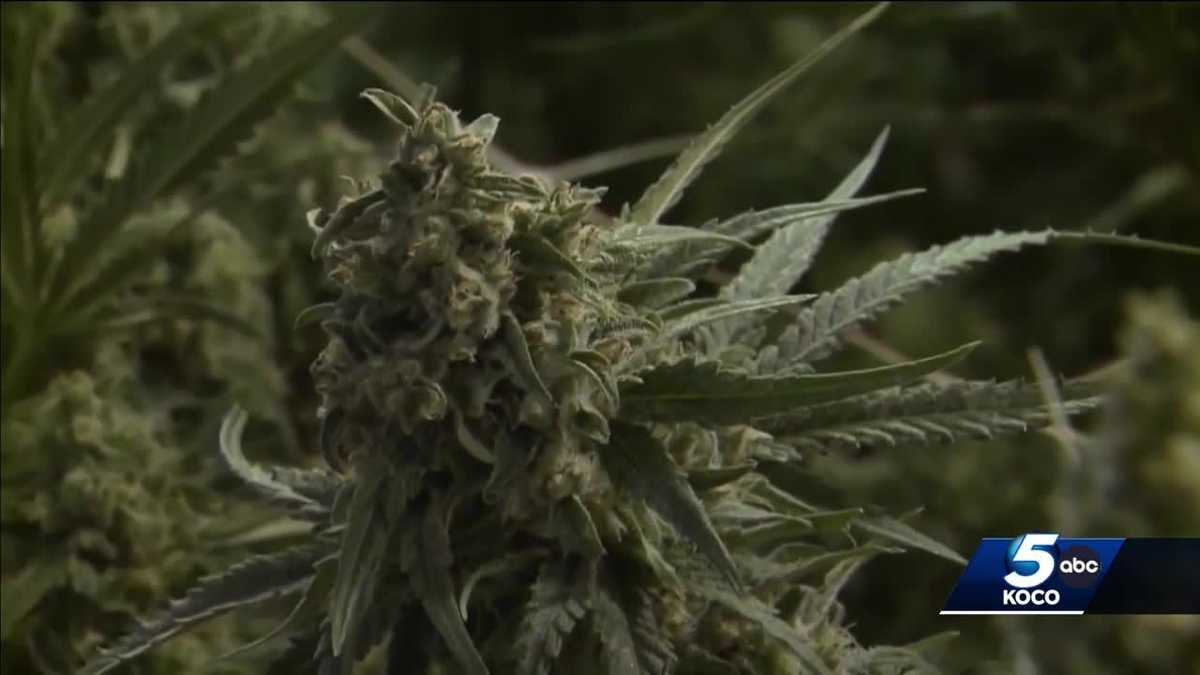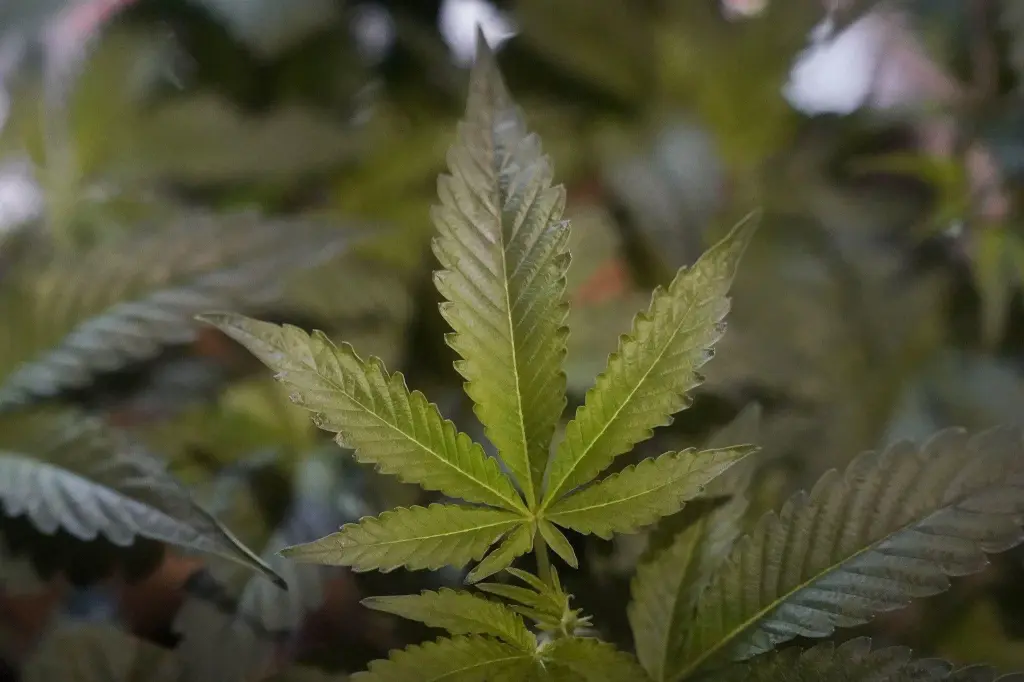Hawaii Governor Josh Green (D) has signed a new bill aimed at expediting the expungement of marijuana records. This initiative is part of a pilot program that was first established last year, reflecting the state’s ongoing efforts to address cannabis-related legal issues.
In Kansas, Governor Laura Kelly (D) declared that it is “finally time” for lawmakers to pass legislation to legalize medical cannabis. She emphasized that this move would provide patients suffering from PTSD and children with epilepsy the opportunity to choose treatments that best meet their needs.
Meanwhile, the Delaware House of Representatives unanimously approved a bill that seeks to resolve a dispute with the Federal Bureau of Investigation regarding fingerprint background checks. This issue has been a significant barrier to the launch of the state’s recreational cannabis market.
The American Beverage Licensees, a trade group representing liquor stores and bars, released a memo advocating that marijuana sales should be restricted to businesses already licensed to sell alcohol. This position underscores the alcohol industry’s interest in controlling the cannabis market.
Additionally, cannabis-infused beverage companies are collaborating on a research study that will provide free THC seltzers to up to 2,000 participants. These individuals will complete questionnaires to assess how these products can serve as a “wellness alternative to alcohol.”
In other developments, Caro Freinberg and Soren Shade of Top Tree Herbs critiqued the Food and Drug Administration in a recent op-ed for putting kratom users at risk, particularly in light of disruptions in the global market following Indonesia’s export restrictions.
The Rhode Island Cannabis Control Commission has approved its first set of regulations for the marijuana industry. These rules cover licensing, social equity, product packaging, and other essential areas, paving the way for a more structured industry in the state.
In Massachusetts, the Joint Committee on Cannabis Policy held a hearing on various bills aimed at increasing ownership caps for marijuana dispensaries. The state’s leading cannabis regulator supported the current policy during the discussions, highlighting the complexity of the issue.
New Mexico’s secretary of health is expected to announce members for a new Medical Psilocybin Advisory Board soon. However, patients will likely not gain legal access to psilocybin until 2028, indicating a slow approach to this emerging area of health.
Lastly, North Carolina lawmakers are deliberating on at least nine bills related to the regulation of intoxicating hemp-derived products this legislative session, showcasing a growing concern over these substances.
On a federal level, Customs and Border Protection reminded travelers that “marijuana remains illegal in the United States federally,” cautioning against crossing borders with marijuana products. Representative Pete Sessions (R-TX) also raised alarms via social media about the public health risks posed by hemp-derived intoxicants like Delta-8 THC.
In other legislative news, a House bill aimed at continuing the 280E tax penalty on marijuana businesses has gained a new cosponsor, bringing the total to ten as the industry continues to navigate complex regulations.




